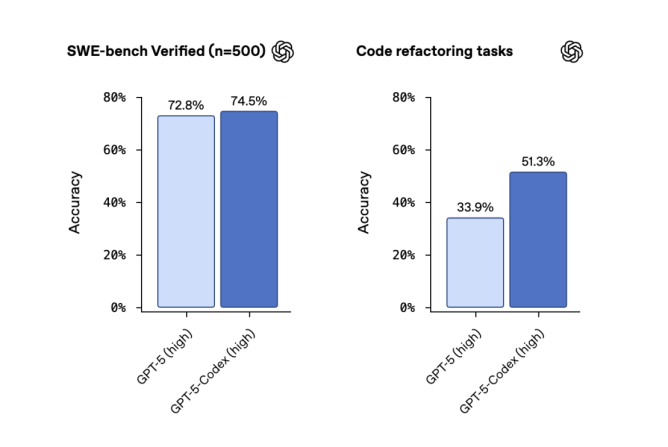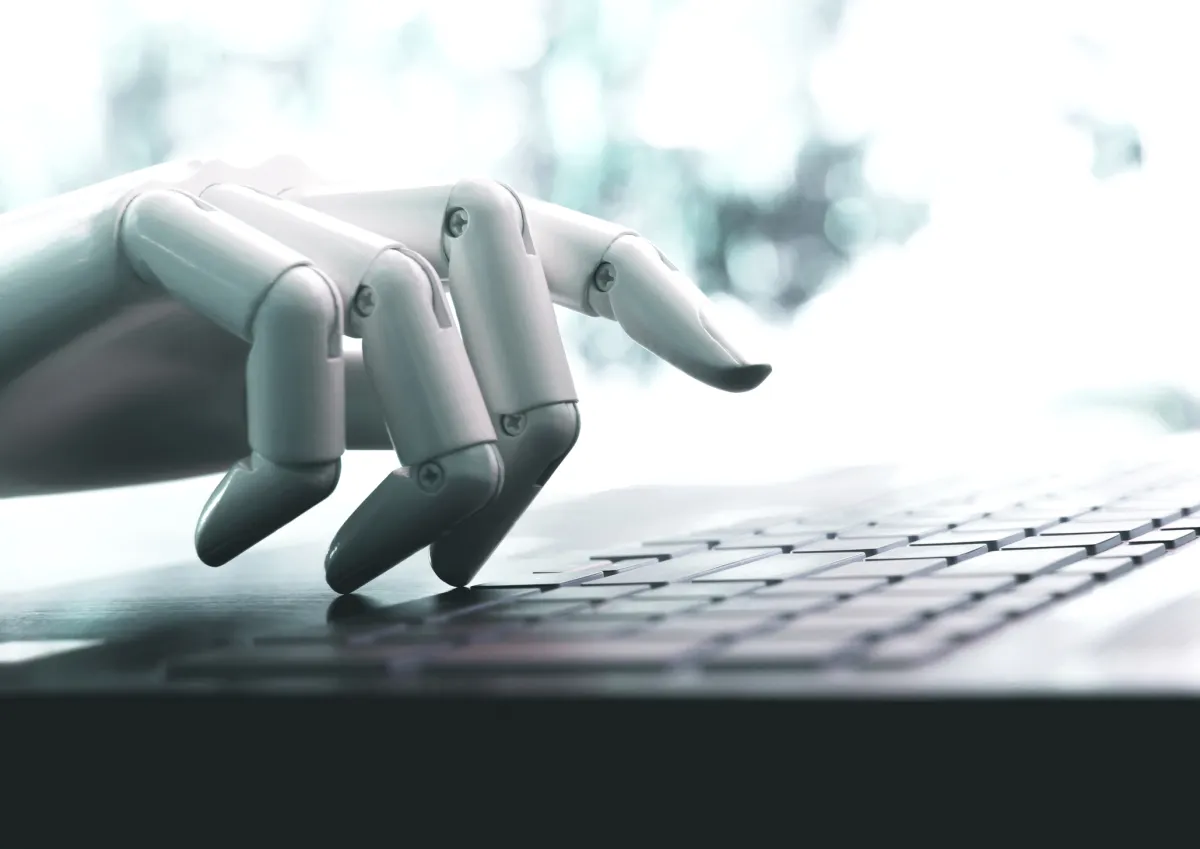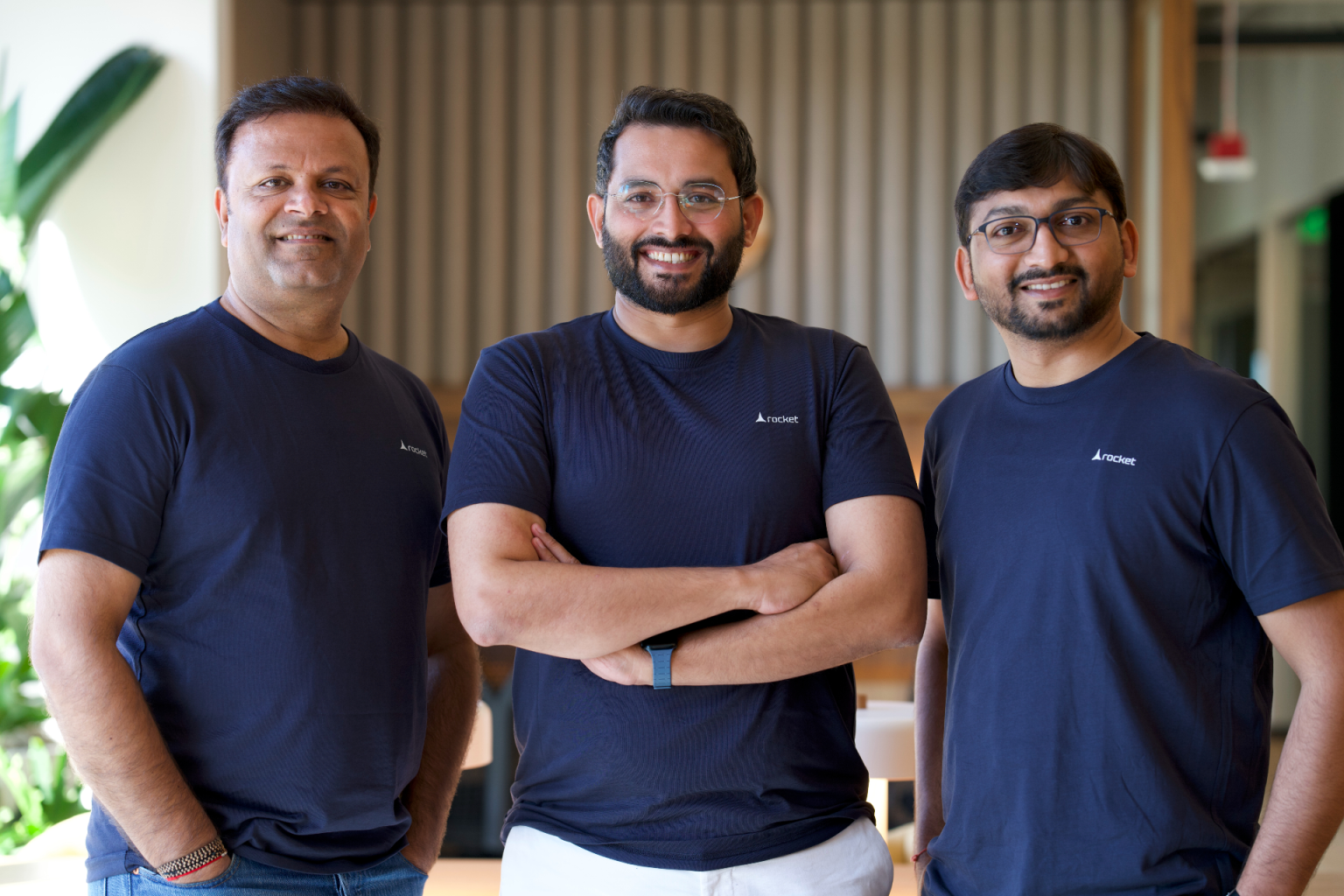OpenAI has rolled out GPT-5-Codex, the latest upgrade to its AI coding assistant. Unlike previous models, GPT-5-Codex can decide how long to “think” about a problem, ranging from just a few seconds to as much as seven hours.
This flexibility allows the model to perform better on agentic coding benchmarks and large-scale code refactoring tasks, where deeper analysis often pays off.
Where You Can Use It
The new model is now live across multiple Codex-enabled products, including:
- Terminals
- IDEs
- GitHub
- ChatGPT
Currently, it’s available to ChatGPT Plus, Pro, Business, Edu, and Enterprise users. OpenAI says API access will follow soon.
Standing Out in a Crowded Market
The AI coding space is more competitive than ever, with tools like Claude Code, Anysphere’s Cursor, and GitHub Copilot making major strides. Cursor even surpassed $500 million in ARR earlier this year, while Windsurf found itself at the center of a high-profile acquisition drama.
By giving Codex a dynamic edge, OpenAI is positioning GPT-5-Codex as a strong alternative in this fast-growing market.

Better at Code Reviews
Beyond writing code, GPT-5-Codex was trained to review code more effectively. Experienced software engineers who tested it said the model offered:
- Fewer incorrect comments
- More high-impact feedback
This makes GPT-5-Codex not only a coding assistant, but also a practical partner in software engineering workflows.
The Secret Sauce: Dynamic Problem-Solving
According to Codex product lead Alexander Embiricos, the big leap comes from GPT-5-Codex’s ability to adjust in real time.
While GPT-5 uses a “router” to decide upfront how much compute to allocate, GPT-5-Codex can reassess mid-task. That means if it realizes a problem is tougher than expected, it can extend its working time from minutes to hours. In some cases, it has taken over seven hours to solve a single challenge.
Why It Matters
By combining adaptive reasoning, stronger benchmarks, and better review skills, GPT-5-Codex shows how AI coding tools are evolving from quick helpers into deep problem-solvers.
For developers, this could mean cleaner code, faster debugging, and more reliable collaboration between human engineers and AI.
Sources (Techcrunch )




